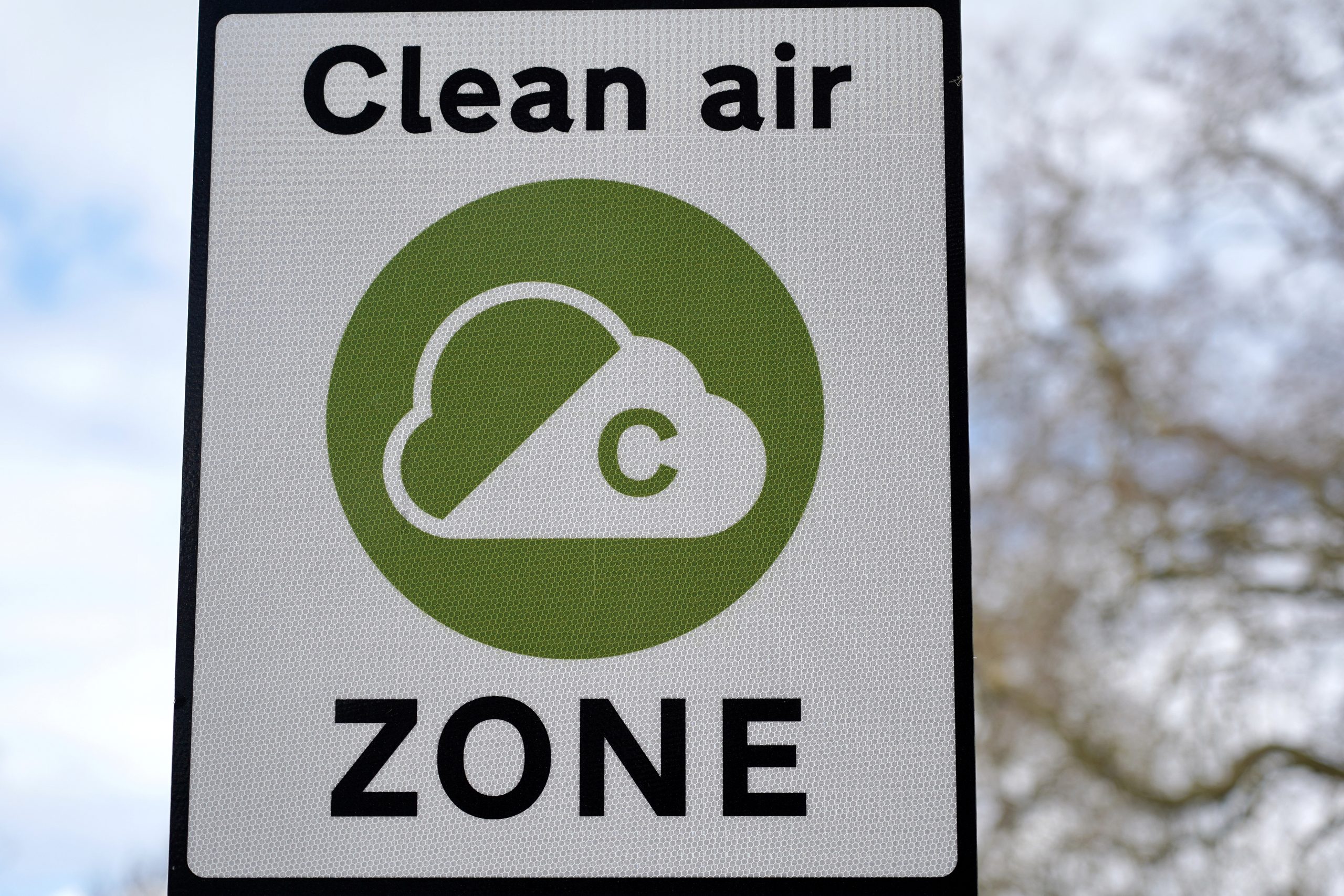It says that 90% of businesses that were already operating electric vehicles planned to expand their fleets within the next three years.
However, according to a new FTA report, further electric vehicle adoption across van fleets would require the Government to urgently address a range of limitations.
Chief among fleet operators’ frustrations were the limited vehicle-types available, which 71% of survey respondents who decided against operating electric vehicles cited as the primary reason.
For a number of years, the FTA says it has urged manufacturers to progress the development of heavier electric vehicles over 3.5 tonnes, as well as models such as tippers and pickups.
Jaama is a partner to the FTA’s Van Excellence scheme and in publishing the report, the organisation said that it would like to see more definitive timelines from manufacturers as to when such vehicles would be available. In the meantime, the FTA has asked the Government to recognise the limitations when implementing local and national policies on vehicle access, for example in relation to the entry criteria for the plethora of Clean Air Zone being introduced in towns and cities nationwide.
Fleet operators also viewed grid capacity as a severe limitation to the ongoing shift to electric vehicles. The FTA said that businesses must not be expected to incur the cost of upgrading the electricity infrastructure.
Denise Beedell, the FTA’s policy manager for vans and urban, said: “FTA is calling on Government to address these issues which include grid capacity constraints as well as limited vehicle types and vehicle availability, if the roll out of the UK’s electric vehicle fleet is to continue.”
